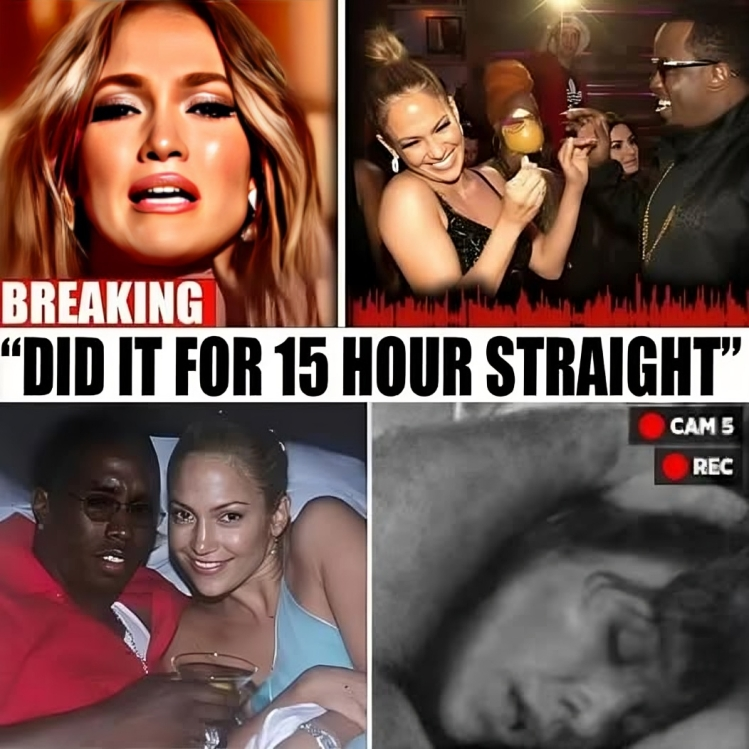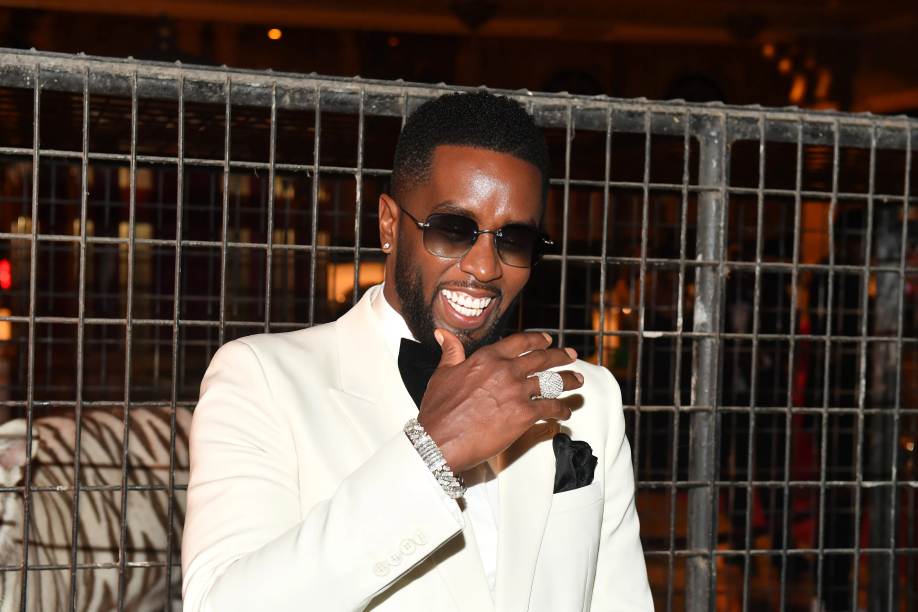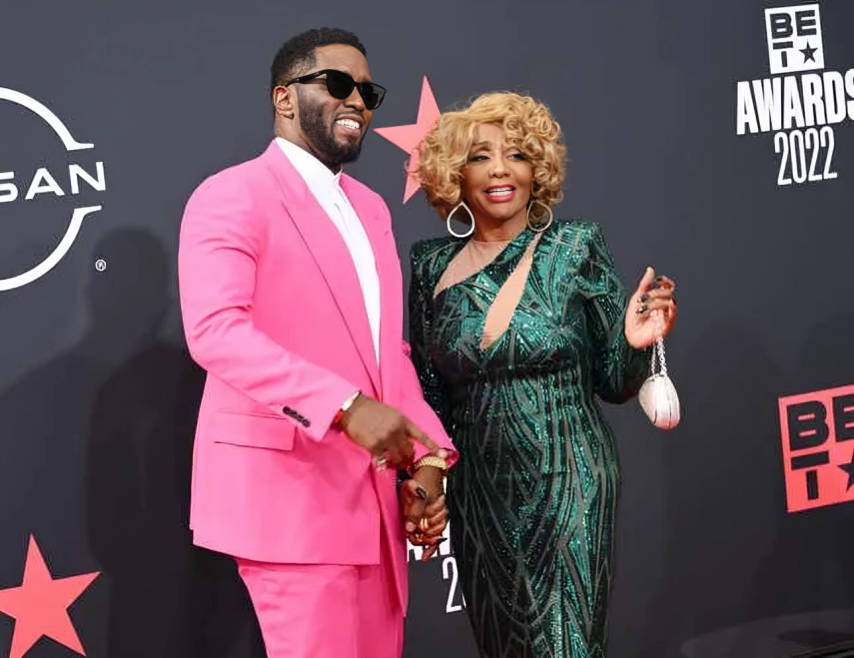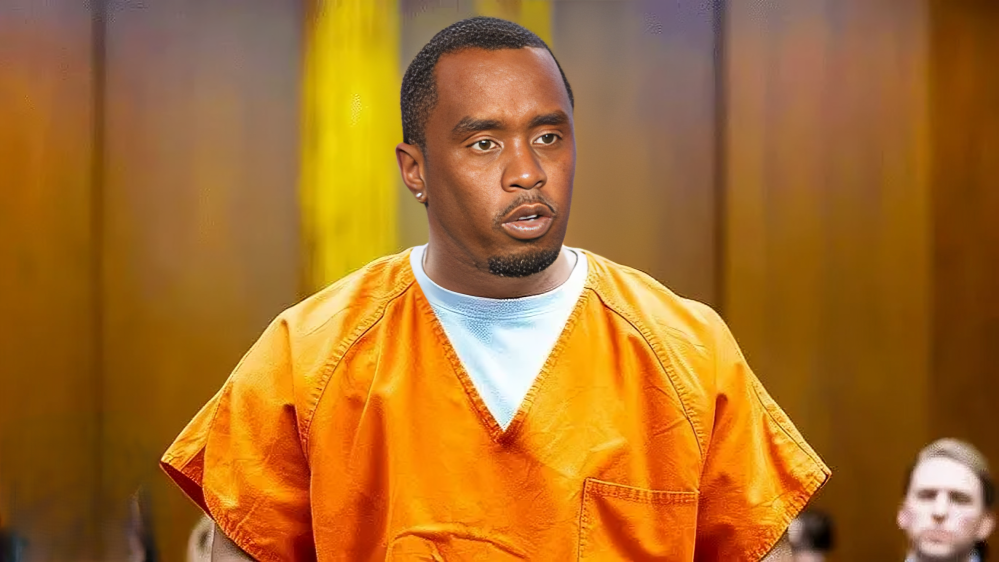
Recent revelations have rocked the entertainment world, with shocking details emerging about Sean “Diddy” Combs and his alleged involvement in secretive, scandalous parties. As more information comes to light, some are drawing comparisons between Diddy and figures like Jeffrey Epstein, raising concerns about power, manipulation, and the darker side of celebrity status.
The controversy began when footage from a high-profile party surfaced online, showing famous guests from the music industry. Rumors of “sexy prep,” referring to the preparation of hotel rooms for creating the right atmosphere, spread quickly. While such preparations aren’t new, the context around Diddy’s parties has given the term a much darker meaning.

Insiders suggest these gatherings weren’t just social events but possibly served as fronts for a blackmail operation. It’s claimed that Diddy used secret recordings to manipulate and control influential figures who attended. This raises serious questions about consent and exploitation.
Reports indicate that the FBI is investigating these allegations, which suggests this scandal could be more than just a fleeting controversy. Witnesses have described scenes of excess and debauchery, with troubling implications regarding consent. This investigation has increased public interest, hinting at far-reaching consequences for those involved.
Witnesses have spoken out, recounting disturbing experiences that highlight manipulation and exploitation. Comparisons to Jeffrey Epstein’s scandal have grown, with both cases involving the use of compromising information to maintain control over powerful individuals.
As details about these gatherings continue to emerge, rumors of underage girls being present and secret recordings being used for leverage have only fueled suspicions about the true nature of these events.

The disappearance of a video showing Diddy allegedly blackmailing powerful figures has raised more questions about how far individuals in power will go to suppress damaging information. Social media users have taken to platforms like X (formerly Twitter) to share their theories, intensifying the debate.
Critics argue these parties contribute to a culture of secrecy and intimidation, controlling artists through fear and forcing them into specific narratives. This manipulation can be seen in music that often glorifies violence and excess, raising questions about the connection between these themes and the power structures controlling the entertainment industry.
As Diddy awaits trial in Brooklyn, speculation about his future continues to grow. Will he expose the truth or will powerful forces keep these secrets hidden? The public’s response is divided, with some expressing outrage over the allegations, while others struggle to understand the complex relationships behind the scenes.

As the investigation unfolds, new details continue to emerge, deepening the questions about the implications of these gatherings. Will this scandal lead to real change in the industry, or is it just another chapter in the ongoing history of manipulation and power struggles? The world is watching closely to see what happens next.
